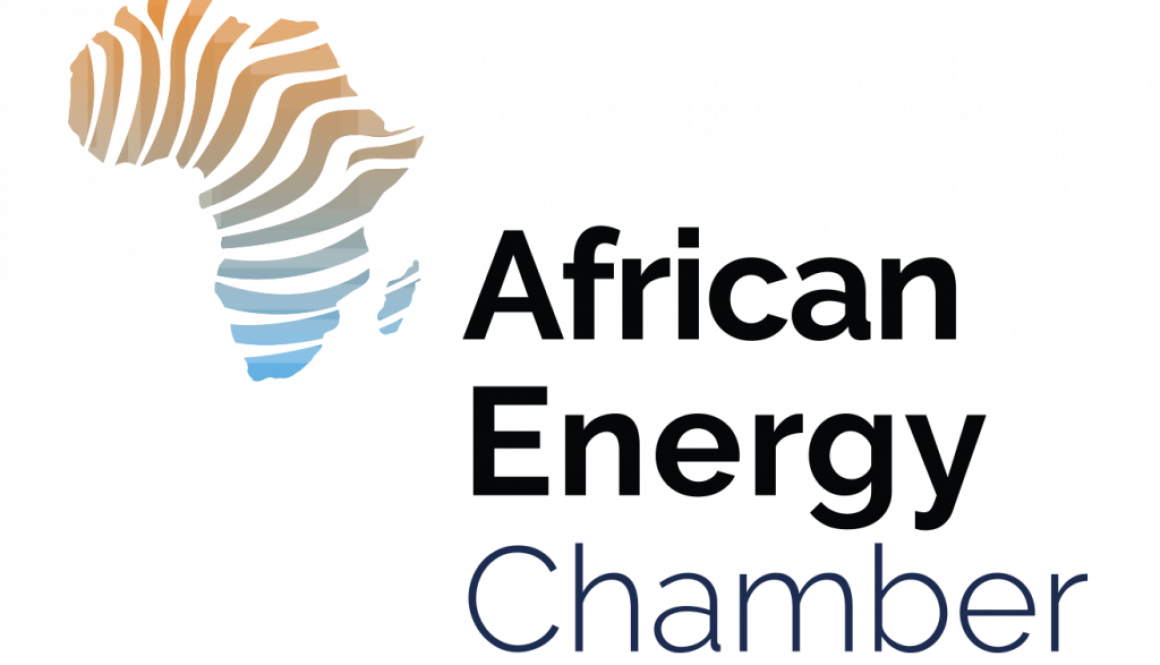Malawi needs efficient public investment management in water and energy
By PANA
Malawi faces an infrastructure investment gap in the energy and water and sanitation sectors of approximately US$332 million per year due to limited fiscal space combined with weak public investment management and inefficient State Owned Enterprises (SOEs), says the latest World Bank Malawi Economic Monitor (MEM).
MEM said the gap is contributing to slow economic growth, poor health outcomes and aggravating poverty levels,
The 12th Edition of the MEM, “Doing More with Less: Improving Service Delivery in Energy and Water”, says that investing in infrastructure builds the foundation for long-term recovery.
SOEs that are responsible for delivering energy and water infrastructure in Malawi are performing poorly and lack the resources to make adequate investments, the World Bank said on Tuesday.
This is due to weak sector policies including tariff policies and regulatory frameworks, poor project selection by line ministries, poor project implementation, and significant outstanding receivables with the central government. Additionally, a weak governance framework undermines the management SOEs.
The MEM proposes pathways to increase investments in Energy and Water infrastructure.
They include improving the fiscal space and unlocking new sources of financing infrastructure through an efficient Public Investment Management (PIM) framework, optimizing the relationship between the public and the private sector, dedicating financial and technical resources to support project development, and ensuring SOEs are more efficient and creditworthy to increase investment in existing and new infrastructure and minimize their fiscal drain.
“Improving service delivery especially in the energy sector where electrification rate is only 11 percent, will be challenging in light of the precarious fiscal situation, particularly given a growing infrastructure gap and the poor performance of SOEs,” said Hugh Riddell, World Bank Country Manager for Malawi.
“However, these challenges are not without solutions, and the Government has already made some key decisions, signalling its intent to undertake needed reforms to strengthen corporate governance and their performance.”
In monitoring the economy, the MEM said Malawi’s economy has been heavily impacted by COVID-19 pandemic. Growth is projected to be 1.0 percent for 2020, compared with earlier projections of 4.8 percent, but is projected to rebound in 2021 to 3.3 percent, although the nature of the recovery will depend on the evolution of the COVID-19 pandemic and government’s policy actions.
However, a resurgence of COVID-19 could undermine economic growth and cause a deterioration in macroeconomic balances. Given a widening fiscal deficit, the stock of public debt has continued to increase, largely driven by domestic debt. Malawi is at high risk of overall debt distress and moderate risk of external debt distress, with limited space to absorb shocks.
The Malawi Economic Monitor provides a bi-annual analysis of economic and structural development issues in the country.


